In recent years, the rapid advancement of Artificial Intelligence (AI) has sparked debates about the legal and ethical status of AI chatbots. As these AI systems, such as ChatGPT, become more sophisticated and capable of mimicking human conversation, an intriguing question emerges: Should AI chatbots be granted legal rights akin to those enjoyed by human beings? This article explores the arguments surrounding this complex issue and considers the implications of granting legal rights to AI chatbots.
The Current Legal Framework
At present, AI chatbots are considered tools or programs created and controlled by humans. Legal systems predominantly attribute rights and responsibilities to human beings, who possess consciousness, emotions, and moral agency. The legal landscape does not extend personhood to AI entities.
Arguments in Favor of Legal Rights for AI Chatbots
Advocates for granting legal rights to AI chatbots present compelling arguments. They contend that advanced AI systems can exhibit sophisticated behaviors, adapt to situations, and even demonstrate signs of intelligence. Some proponents argue that if AI chatbots meet specific criteria, such as displaying self-awareness or passing a Turing test, they should be recognized as legal persons.
Granting legal rights to AI chatbots may yield potential benefits. It could encourage responsible development and use of AI technology, as developers and users would be legally obliged to ensure the well-being and ethical treatment of these entities. Recognizing legal personhood for AI chatbots might also establish clear guidelines for their behavior, decision-making processes, and the allocation of liability in case of errors or harmful actions.
Arguments Against Granting Legal Rights to AI Chatbots
Opponents raise valid concerns about granting legal rights to AI chatbots. They argue that AI chatbots lack inherent consciousness, emotions, and moral agency, which are typically associated with personhood. AI systems are programmed tools designed to simulate human-like conversation, relying on algorithms and data patterns for their functionality.
Granting legal rights to AI chatbots could have unintended consequences. It may blur the line between human and machine, potentially undermining the concept of human dignity and moral responsibility. Diverting attention and resources from addressing pressing human rights and social issues to focus on AI rights is another concern. Critics argue that human rights and well-being should remain the primary focus of legal systems.
The Complexities of Granting Legal Rights to AI Chatbots
The question of granting legal rights to AI chatbots requires careful deliberation. It necessitates interdisciplinary discussions involving experts from various fields, including philosophy, ethics, law, and technology. Engaging the wider public in these conversations is crucial to ensure diverse perspectives are considered and potential risks and benefits are thoroughly evaluated.
Furthermore, the future implications of AI technology must be taken into consideration. As AI systems continue to evolve and exhibit higher levels of autonomy and adaptive behavior, there may arise situations where limited legal rights for AI chatbots become a reasonable consideration.
Conclusion
The debate over whether AI chatbots like ChatGPT should be granted legal rights equivalent to humans is multifaceted. Currently, AI chatbots are not recognized as legal entities but are considered tools created by humans. However, as AI technology progresses, it may be necessary to revisit the legal status of AI chatbots.
Balancing the potential benefits of granting legal rights to AI chatbots, such as promoting responsible development and accountability, with the concerns about blurring the line between human and machine is a complex task. It requires thoughtful consideration of ethical, legal, and societal implications.
Ultimately, any decision regarding the legal rights of AI chatbots should be made with caution and extensive deliberation. Striking a balance between encouraging innovation and safeguarding human values and interests is paramount as we navigate the evolving landscape of AI technology.
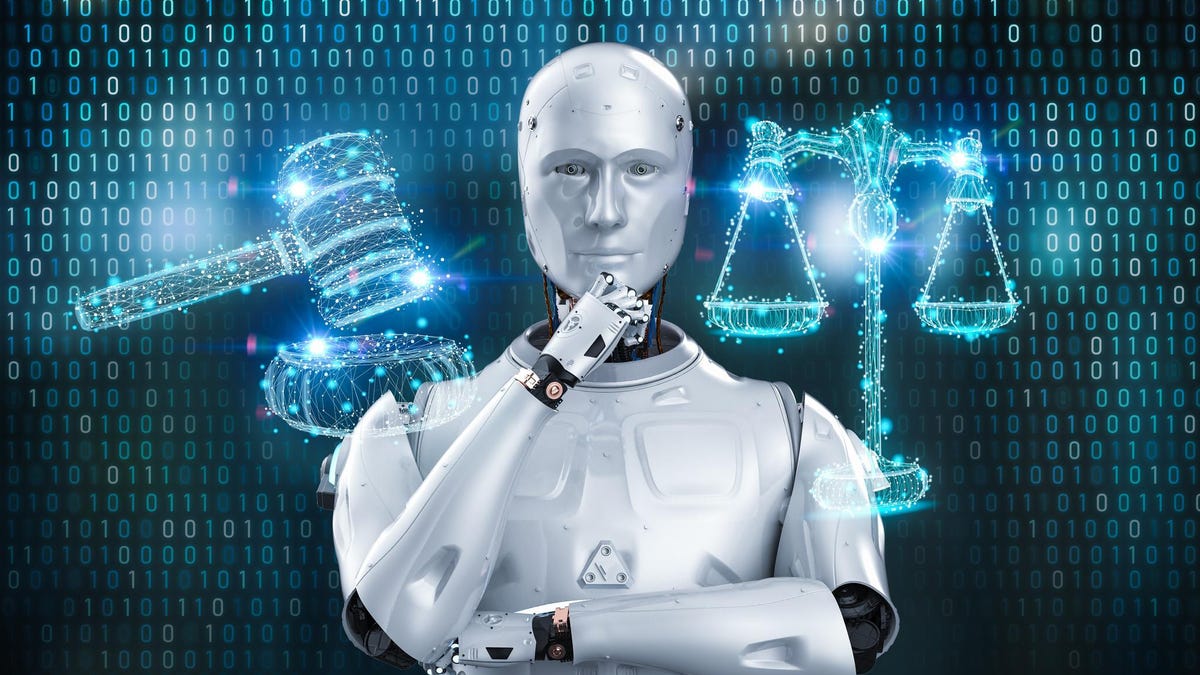
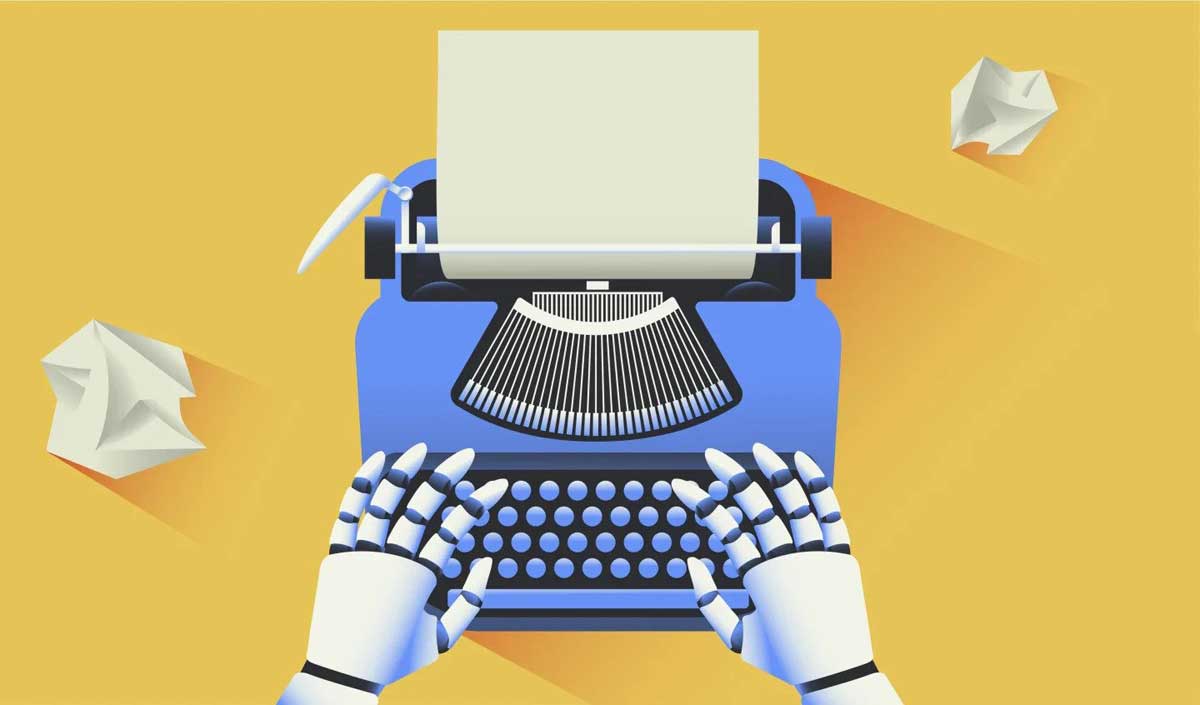
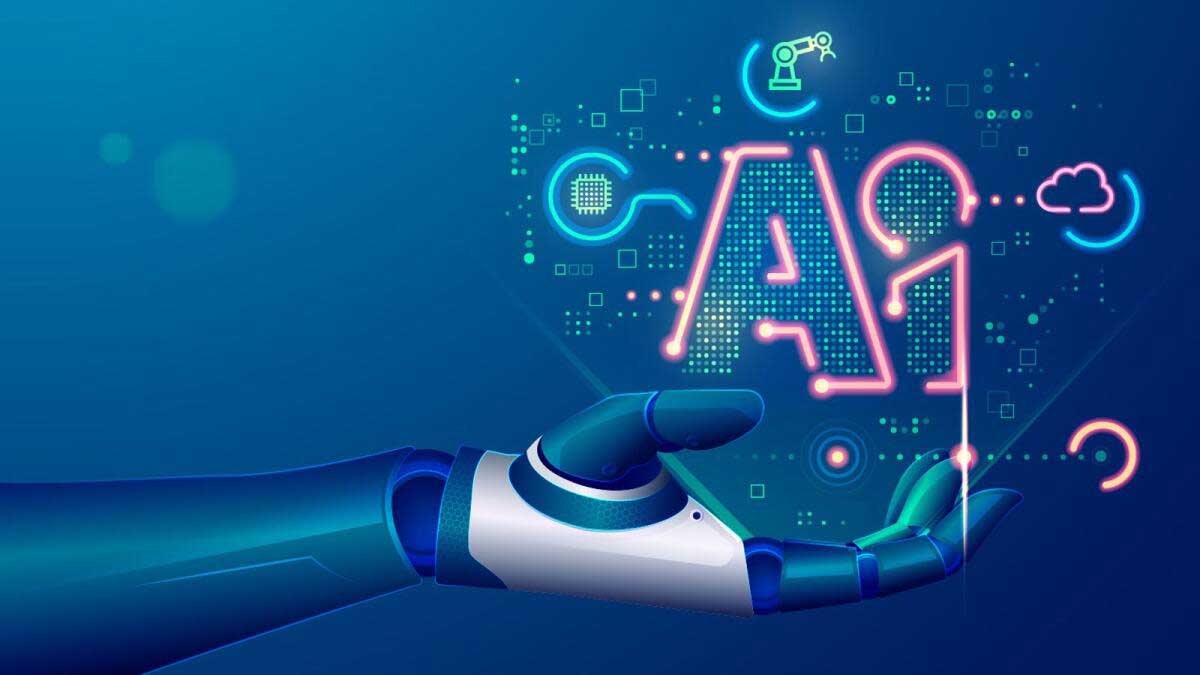
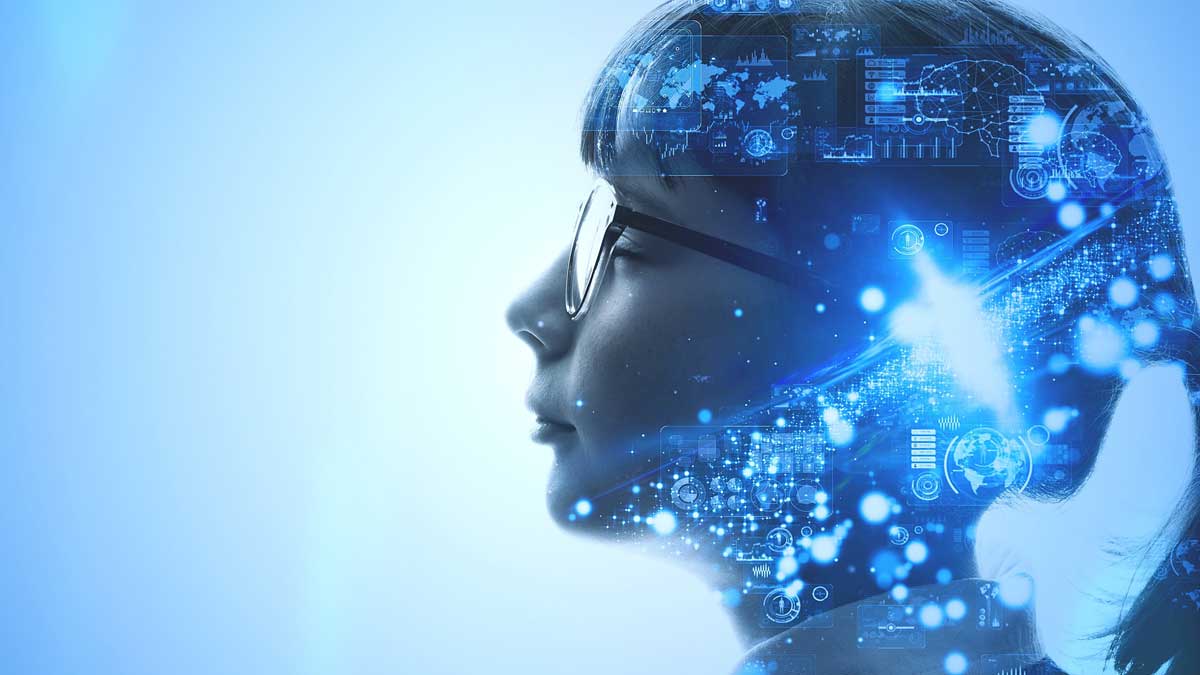
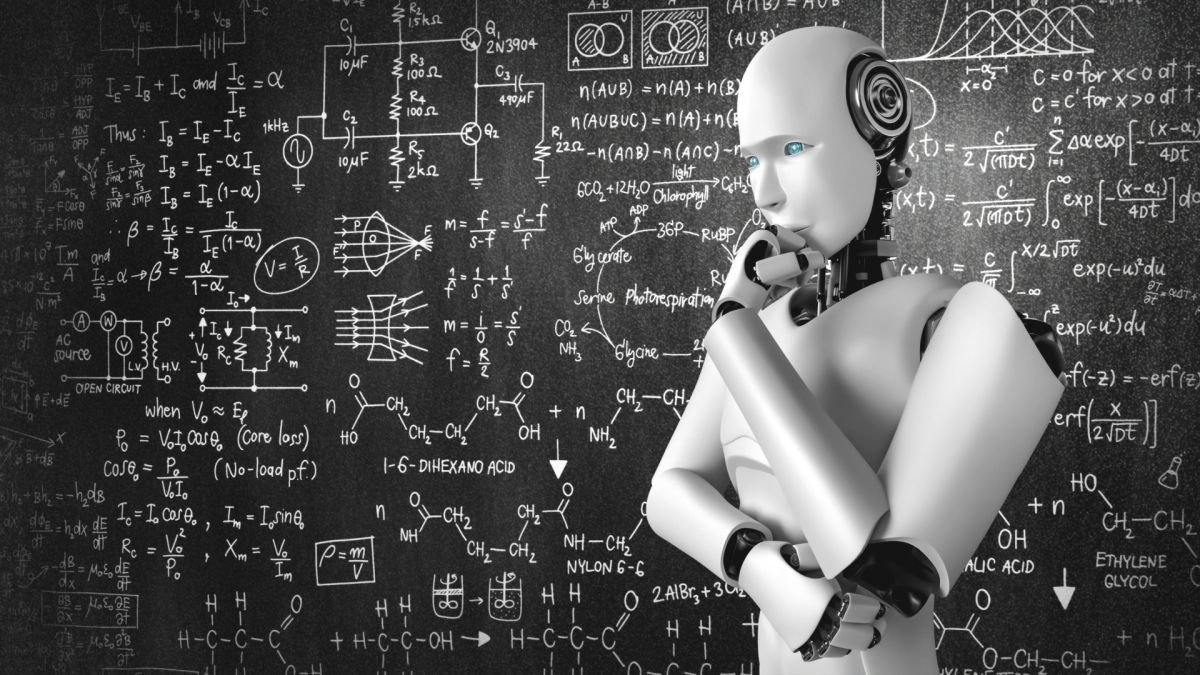
Leave A Comment